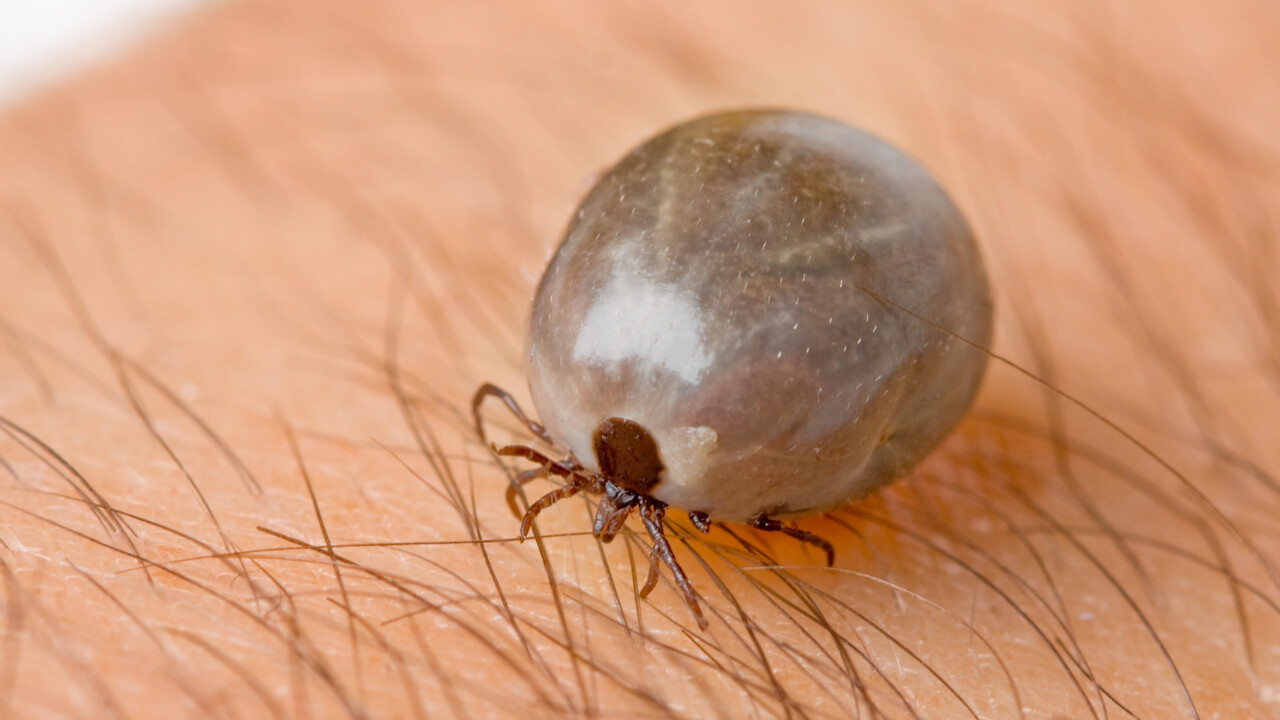This increased understanding of how the virus behaves in the brain and how it activates the immune system is a crucial step in developing effective treatments and preventive measures against this challenging disease, says Anna Overbe, a professor at Umeå University who leads the research group behind the current study.
It affects the brain
What the Umeå researchers have mapped out is how the TBE virus infects the brain with encephalitis as a result. The researchers developed a way to 3D map the location of the virus in the brain of mice and identify specific parts of the brain that were infected with TBE. The method relies on information from image analysis that has been combined with studies of gene expression in different types of cells. The result can be considered a “roadmap” for the virus in the brain.
It turned out that there was a significant difference in virus prevalence in the brain of mice with and without the innate immune response. The virus infected different regions of the brain depending on the mouse’s innate immune system. When the researchers magnified the cells in the affected brain regions, they were able to see that the immune system not only affects how the virus spreads, but also changes the types of infected cells in the affected brain regions.
zoom
When the researchers zoomed in, they could see that in cases where the brain’s immune system could not be activated, the brain’s immune cells, microglia, became infected. Their job is otherwise to help prevent infection. In contrast, in mice that were able to activate the immune system in the brain, it was mainly nerve cells that were injured.
It has long been known that the innate immune system plays an important role in preventing TBE virus from damaging the brain, but it has not been clear where and which cells it infects.
An important piece of the puzzle
– It’s an important piece of the puzzle that is now being put in place. The findings underscore the importance of the immune system for those with TBE. We also opened up new opportunities to study viruses infecting the brain with our new imaging methods and by combining them with analysis of gene expression from individual cells, says Anna Overby.
The tick-borne encephalitis virus, TBEV, is a major problem in Sweden, especially in tick-dense areas such as the Stockholm archipelago and Mallardalen. The virus can cause serious brain diseases with long-term functional impairments as a result. There is currently no curative treatment for tuberculosis, but the most important measures are to prevent infection by avoiding tick bites and vaccination.
The study was published in the scientific journal Nature Communications.

“Extreme tv maven. Beer fanatic. Friendly bacon fan. Communicator. Wannabe travel expert.”









More Stories
Why Rare Earth Metals for Electric Cars Are Crucial for Modern Mobility
“We want to promote critical rules approach”
“A lot happened during the trip,” Jönköping County Council